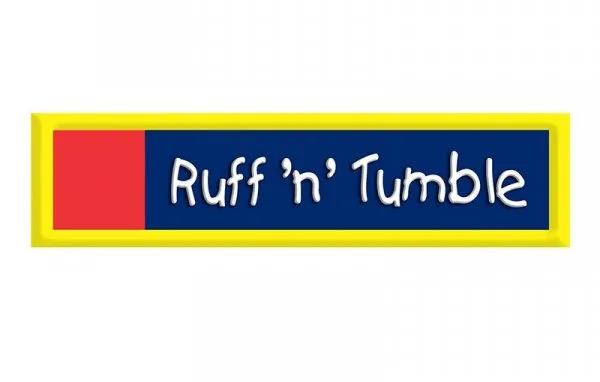If you are looking to set up a career in the human resource professional field, then just like I did years ago, you are most likely looking through the internet or some other resource library at your disposal to find out any useful guide on how to prepare for an HR job interview.
Securing a job in Human Resources (HR) can be an exciting opportunity to contribute to an organization’s success. However, the HR field is highly competitive, and acing the job interview is crucial to stand out among other candidates. In this blog post, I will be guiding you through the following;
- How to prepare for an HR job interview
- Situational interview questions with sample answers to help you excel in your interview.
- List of high-demand human resources professional development courses.
Pretty excited to learn?… then let’s dive right in!
How to prepare for an HR job interview
The first step to preparing for an HR job interview is to thoroughly research the company you’re applying to. Knowing their mission, values, organizational culture, or any HR-related challenges they might be facing enables you to tailor answers aligned with the company’s goals and demonstrate enthusiasm for the role.
Further steps to be taken to prepare for an HR job interview are as follows;
ii. Understand the Role:
Take the time to understand the specific requirements and responsibilities of the HR position you are applying for. Familiarize yourself with the job description, including key skills, qualifications, and desired experience. This understanding will help you highlight your relevant skills and experiences during the interview.
iii. Anticipate Situational Interview Questions:
Situational interview questions assess your ability to handle real-life scenarios encountered in HR roles. Some common scenarios have been shared in this same article
iv. Demonstrate Problem-Solving Skills:
HR professionals often encounter complex problems that require critical thinking and problem-solving abilities. During your interview, emphasize your capacity to analyze situations, identify potential issues, and develop effective solutions. Provide examples of how you have successfully resolved HR-related challenges in your previous roles.
v. Showcase Communication and Interpersonal Skills:
Effective communication is vital in an HR role. Highlight your ability to communicate clearly, listen actively, and build positive relationships. Showcase your experience in collaborating with employees, managers, and stakeholders to resolve conflicts, implement policies, and facilitate organizational change.
vi. Prepare Questions to Ask:
At the end of the interview, you will likely be given an opportunity to ask questions. Prepare a list of thoughtful questions that demonstrate your genuine interest in the company and the role. Ask about the company’s approach to employee development, HR strategies, or any recent initiatives they have undertaken.
Having shared the eye-opening tips above, it’s time to take this guide a step further to expose what a real-life HR job interview scenario actually looks like.
Situational interview questions with sample answers to help you excel in your HR job interview
If you are looking for situational interview questions to give you an edge as you prepare for an HR job interview, then you are in the right place. Research gathered from top HR dedicated sites such as HR University agrees with the fact that situational interview questions are the most tricky part of any job interview.
While the specific questions may vary, here are some common situational interview questions HR professionals often face, along with sample answers:
a) Question: “Describe a situation where you had to handle a conflict between employees. How did you address it?”
Sample Answer: “In my previous role, two team members had a disagreement that was affecting the overall team dynamics. I scheduled a private meeting with both individuals to understand their perspectives and find a resolution. By actively listening to their concerns, mediating the discussion, and proposing a compromise, I was able to help them reach a mutual understanding. I also implemented team-building activities to foster better communication among the entire team.”
b) Question: “Tell us about a time when you had to deal with an employee’s performance issue. How did you handle it?”
Sample Answer: “In one instance, an employee consistently failed to meet their performance targets. I conducted a performance review to identify the root causes of the issue, discovered that they lacked specific skills, and developed a personalized training plan for them. Additionally, I scheduled regular check-ins to monitor their progress and provided continuous feedback and support. Ultimately, the employee showed significant improvement and achieved their goals.”
I bet with these scenarios, you have a clearer understanding of what to expect as you prepare for your HR job interview.
Conclusion
Preparation is the key to success in any job interview, especially for an HR position. By conducting thorough research, anticipating situational interview questions, and practicing your responses, you can confidently demonstrate your HR expertise and stand out as a top candidate. Remember to showcase your problem-solving abilities, communication skills, and genuine passion for the role. Best of luck with your HR job interview!
Meanwhile, since we know that you are a fellow enthusiast in the HR field (the first proof of this being that you worked hard enough to have come across this article;) we have also taken the trouble to single out some of the top relevant courses which we know would skyrocket your relevance and build your capacity in Human Resource Leadership role.
















